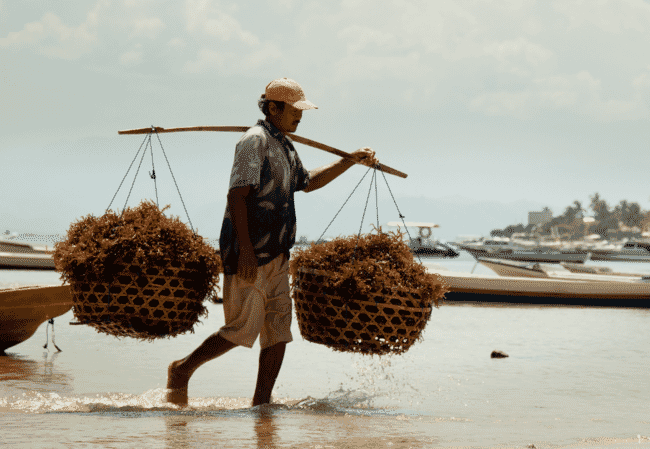
Resulting from a collaboration between Indonesia’s Ministry of National Development Planning and researchers from Stanford University, the project seeks to identify regions which will benefit from increased access to the country's bounty of seafoods, driving food and livelihood security.
"Clearly, we can’t provide healthy, sustainable diets to a world of 10 or 11 billion people if we continue to produce food the way we do today. Indonesia is by any measure one of the most important blue food nations on Earth. It could show us how better stewardship and use of these resources can help build a more sustainable and equitable future," commented Jim Leape, co-principal investigator of the project, in a report from Stanford University.
Seeking to assist the Indonesian Government in its implementation of strategies for sustainable seafood production and consumption, Stanford University researchers developed datasets giving in-depth insight into the aquatic foods produced in the country's different regions. The team hopes that such detailed information could contribute to the implementation of free meal programmes to address childhood nutrient deficiency and stunting, which affects as many as 1 in 3 children in some areas of Indonesia.
The researchers also hope to give insight into the employment opportunities afforded by the seafood industry, with the potential to guide policy on fisheries and aquaculture management.
Whilst advocating for development, David Cohen, who leads the project alongside Leape, emphasised the need for a holistic and considerate approach to change. Human rights and sustainabilty are at the heart of the project, with both co-principal investigators having extensive experience in this field.
"You’re not going to produce blue foods when there’s no fish left to catch in the waters of your community because mangroves have been cleared for development, coral reefs destroyed, fish catches reduced. What you’re going to see is a displacement of populations, which is going on already in some places. That’s a humanitarian crisis central to the human rights work we do," he concluded.




